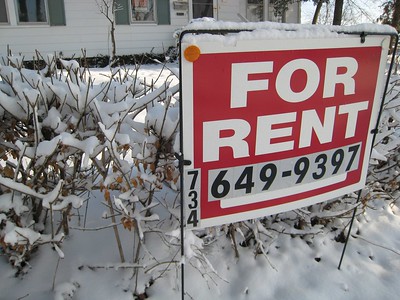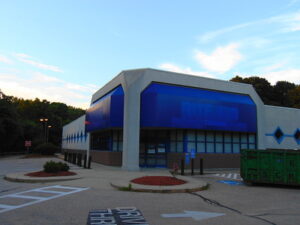If you pay attention to what is happening in Ypsilanti, you will find an increasingly common query regarding rental housing costs:
“Does anyone know of available housing I can rent for $X per month?”
Currently, Ypsilanti’s rental housing market has two problems: first, there’s a profound lack of available rental housing units. It is just flat-out hard to find a place to rent. Second, what is available is absurdly expensive. Ypsilanti isn’t unique; rents are rising all over. According to a report released last week by the Center on Budget and Policy Priorities, a non-partisan think tank, rental housing costs have risen by nearly one-third since 2017. Most of the increase occurred in the last year. Since 2001, however, household income rose on average by just 3%.
The housing market has been hot lately – very hot. The days of near-zero housing inventory are probably over, but it’s no coincidence that competition in the single-family housing market would spill over into the rental market. The meteoric rise in housing prices forced some people to stay in rental housing, which increased demand there and significantly raised rental housing costs. Anecdotally, I have heard stories of landlords in Ypsilanti raising rental rates by hundreds of dollars per month.
This is all bad news for low wage workers. When a leasing contract expires, the rent resets to market rate. Low wage workers cannot afford massive increases in rent, but there are so few available rental units in the area that renters have nowhere else to go. The threat of homelessness is very real right now.
Rising rental housing costs are the tip of the problem
This situation simply highlights the need to increase the income potential of community college degrees. Market-based expenses – like housing costs – consume a larger percentage of workers’ take-home pay. The cost of utilities, transportation, and food are also rising significantly. According to the US Bureau of Economic Analysis, the personal savings rate in September 2022 was 3.1%. That’s down by nearly 30% in just five months.
Rising rental housing costs are symptomatic of larger problems in the economy, but that doesn’t change the outcome. People are losing their homes. Low income workers are the most vulnerable to economic downturns, so it makes very little sense for a community institution – like a community college – to churn out low-wage workers by the hundreds (or thousands). Committing people to poverty wages is not exactly economic development at its finest.
Unfortunately, what we have at WCC is an administration that cannot focus its spending priorities on education, and a Board of Trustees that is convinced we’re all rich. Somewhere in the shuffle, they’ve lost sight of WCC’s mission, so building a hotel is now one of their top priorities. Worse, WCC issues press releases trumpeting the fact that they’re training people for $12/hour jobs.
We need college administrators and Trustees who are committed to the growth and health of Washtenaw County as a whole, and the economic enfranchisement of all Washtenaw County residents.
Photo Credit: mollyali, via Flickr

































